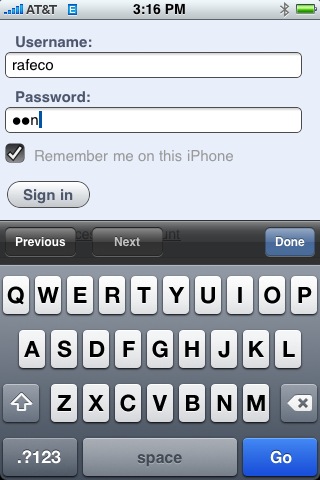Every time a new iPhone is released, there’s a spate of articles that analyze the its success as a product. My friend Stephen O’Grady puts the success of the iPhone down to the apps. He’s got a point — the applications available for the iPhone are great. But the truth is that when the iPhone launched, the only opportunity for developers was to create Web sites that were optimized for the iPhone’s Web browser, and Apple was still selling a ton of phones.
Why? Because of usability. The iPhone offered a better experience than any other phone for making phone calls. Checking voice mail, conducting three way calls, and managing contacts are all light years better than they are anywhere else. The iPhone offered better Web browsing than any other mobile phone. Blackberry email is better than iPhone email, but the iPhone’s email experience is better than every other phone on the market.
That was the real secret to the iPhone’s early success, in my opinion. Apple spent a lot of time not only adding capabilities not available in other phones, but also perfecting the things that people were already using their phones to do. It made the wait for real applications tolerable.

Dangerous Liaisons with Apple
Here’s a dramatic reenactment of this conversation between an iPhone developer and the Apple representative who let him know his application was being removed from the store because it “duplicates features of the iPhone”: